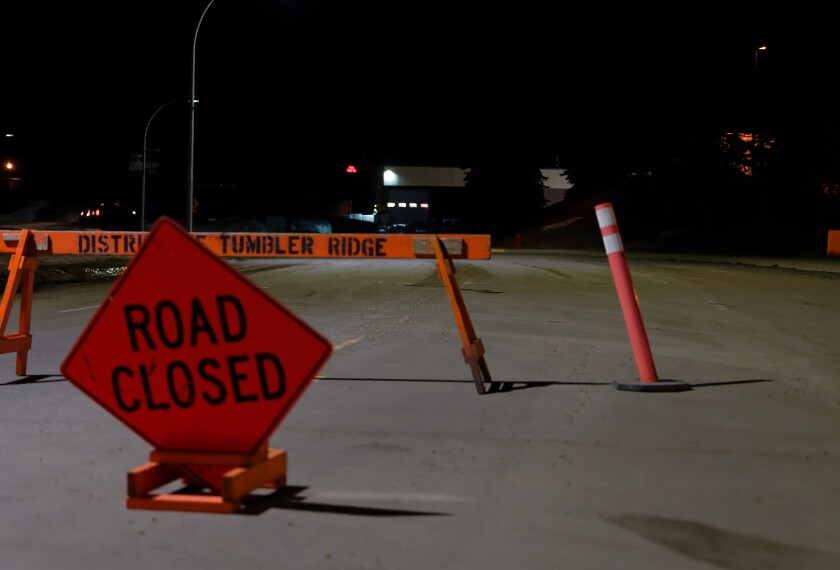Illinois districts are set to rewrite school discipline policies to limit the use of suspensions and expulsions, after Gov. Bruce Rauner signed a sweeping bill championed by student groups.
Supporters argued that zero-tolerance policies and overreliance on removing students from the classroom are ineffective and contribute to disproportionately high rates of discipline among students of color.
Voices of Youth in Chicago Education, or VOYCE, said the new law, signed by Rauner Aug. 24, “represents perhaps the most aggressive and comprehensive effort ever made by a state to address the ‘school-to-prison pipeline.’ " The student-led group helped draft the bill and encouraged its passage following two legislative sessions of debate.
School districts around the country have reworked discipline policies in recent years, many encouraged by a push from the Obama administration to do so. And a few states, including California and Maryland, have passed laws requiring changes to district-level policies.
Illinois’ new law includes a broad list of school climate and student-behavior measures, but its central push is to make suspensions and expulsions a disciplinary option of last resort.
Suspensions of three days or fewer will be allowed only if a student’s presence at school would pose a threat to others or “substantially disrupt, impede, or interfere with the operation of the school.” The law leaves those terms open to the discretion of local school boards.
Suspensions longer than three days, expulsions, or disciplinary transfers to alternative schools may only be used if a student poses a threat or significant disruption to the learning environment and other options, such as restorative practices, have been exhausted.
Illinois schools, including charter schools, will have until Sept. 15, 2016, to update their discipline policies in compliance with the law, though many are expected to do so sooner.
Administrators Weigh In
Around the country, some school administrators have said efforts to limit suspensions leave schools without the necessary tools to keep them safe and free from disruptions. Some have also argued that schools don’t have the resources to successfully carry out alternative forms of discipline and student supports, which may require additional staff, such as school psychologists and restorative-practices coordinators.
The Illinois Association of School Administrators opposed the state’s new law in its original form because the organization “believed the language was not flexible enough for administration and staff to remove students who caused significant disruptions,” spokesman Michael Chamness said.
The organization took a neutral position on the bill that eventually passed the legislature after it was amended to allow administrators to define what behaviors are considered disruptive enough to warrant suspensions.
The Illinois Principals Association also expressed concerns about the initial bill and shifted to a neutral position after it was amended.
The Chicago Teachers Union supports the new law, because “there have been a lot of concerns in the way that discipline has been meted out,” Stacy Davis Gates, its legislative coordinator, said.
Members were concerned, for example, that some charter schools were using fines for disciplinary purposes, an act that seemed “tone deaf” given their enrollment of low-income students, Gates said. The new law prohibits fines as a form of discipline.
It also includes some provisions pushed by student advocates around the country, like a requirement that districts draw up a memorandum of understanding with school-based police that outlines expectations for their interactions with students, and a requirement for support services for students out of school on extended suspensions.
The law requires districts to draft policies to re-engage students who are returning to the classroom after extended suspension, expulsion, or placement in an alternative school. It prohibits schools from encouraging students to drop out for behavioral reasons, a process known as “counseling out.” And it requires schools to provide ongoing professional development for teachers on school climate issues.
In pressing for policy change, student advocates cited discipline rates in Chicago schools. Although black students represented 41.3 percent of the district’s enrollment in the 2011-12 school year, they represented 69.3 percent of those who were suspended and 71 percent of students who were expelled, according to the most recent data available from the U.S. Department of Education’s office of civil rights.
Chicago’s Experience
The district has undergone efforts in recent years to rework its disciplinary policies and practices, including the introduction of restorative practices and a comprehensive social-emotional learning program.
But having those ideas included in state law ensures that they will remain a priority, despite frequent changes in district leadership, Gates said.
“You need things codified in law,” she said. “I think it makes a difference to have a statute instead of being at the mercy of a new CEO.”





